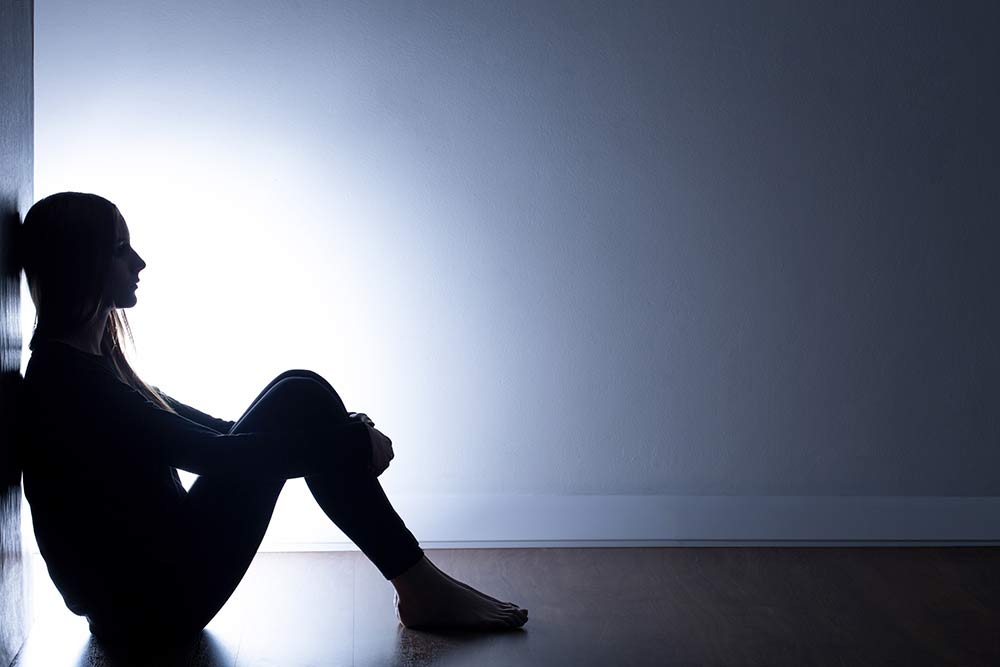1. Pay attention to what you are feeling
Identifying and acknowledging your emotions during this vulnerable period is a really important self-care strategy. And, for those for whom drugs or alcohol once served as an escape from these emotions, just experiencing these painful, uncomfortable and in some cases overwhelming sensations on their own and without the old crutch of alcohol or drugs is itself an act of courage.
Give yourself permission to feel what you are feeling, and acknowledge how it feels. This may require a few minutes of mindful deep breathing, as you gently and attentively notice what is going on inside, and the physical and emotional sensations you are experiencing in connection with your breath.
The simple awareness that a relapse causes you to feel down and dejected also means that you were feeling healthier and happier when you were not drinking or abusing drugs. That itself can be an immediate motivation to get back to the business of relapse recovery.
2. Don’t beat yourself up, whether for feeling dejected or for having relapsed in the first place
People with mental illness are prone to beating themselves up for perceived failures and mistakes. But self-judgment and self-flagellation will only compound your depression. The antidote is a combination of acceptance and self-forgiveness. When you are able to accept that relapse is common in recovery, and that you are one of many who have experienced this setback, you will be better positioned to forgive yourself—and self-forgiveness reportedly yields better recovery outcomes than indulging in guilt and self-blame.
3. Get connected and stay connected with trusted and supportive peers in recovery
When you are feeling morose, being around people can seem like the last thing you want to do—even when seeking out trusted company during this time is one of the best things for you. Don’t suffer alone out of fear of being a burden to others. Never be afraid to share what you are going through with your 12-Step sponsor and/or recovery group. That one act of vulnerability can be just what you need to break an ensuing cycle of self-isolation and self-alienation that, as the result of your depression, will only raise your vulnerability to another slip-up with drugs or alcohol. You’ll soon find that opening up to a trusted friend or supportive peer group helps to deepen your sense of connection to others, another necessary component in your ongoing recovery.
4. Change your perspective with the goal of learning some positive lessons for the future
Relapse isn’t all a failure if you choose to let it be a learning opportunity. Reframe negative thoughts and feelings about a relapse in terms of the positive lessons you can now apply to your recovery moving forward. The past can’t be changed, but the past can be an opportunity for understanding what will protect your well-being in the future. If you can step back just enough to get some objective distance with which to assess the triggers that led to your relapse, you’ll be well on your way to learning how to prevent a future relapse.
Your depression itself can also invite some inquiry with a view to gleaning insights for the future. Determining the onset of your depression can be helpful, for example. At first it may be easy to assume your depression was entirely a byproduct of your relapse, but it’s also possible that these negative feelings were percolating just below the surface without your awareness before you relapsed. Depression may in fact have been a trigger for your relapse, as research into common relapse characteristics has suggested can often be the case. Such information can be helpful to register for the future.
5. Get back into your daily recovery routine as soon as possible
Now is not the time to indulge in self-pity, which can keep you from jumping back into a healthy daily routine of recovery and the disciplines that sustain it. One of the best ways to take your focus off of your depression after drug abuse is to distract yourself with the things that have helped you in recovery before —the things that you feel good doing, even if they can at times feel like a chore: exercise, yoga, recovery meetings, daily time with your Higher Power, eating healthy, and engaging in fun, recreational activities and opportunities to serve and help others.
6. Know the difference between a garden-variety case of the blues and clinical depression—and, when you suspect the latter, get professional help as soon as possible
Clinical depression after drug abuse can be at play when you experience some of the following symptoms for much of every day over a period of two weeks or more, according to the Substance Abuse and Mental Health Services Administration:
- Persistent sadness, anxiety, pessimism or hopelessness
- A pervasive sense of worthlessness, guilt or helplessness
- Insomnia, early morning wakefulness, or extreme sleepiness and fatigue
- Loss of appetite or overeating
- Difficulty concentrating, remembering details, or making decisions
When one or more of these symptoms is interfering with your daily life, a diagnosis of depression could be the cause—in which case, prompt attention from a mental health professional will be best for your health and your recovery.
Related Articles:
What You Can Learn From a Relapse
Life After Relapse: How to Bounce Back and Start Over







